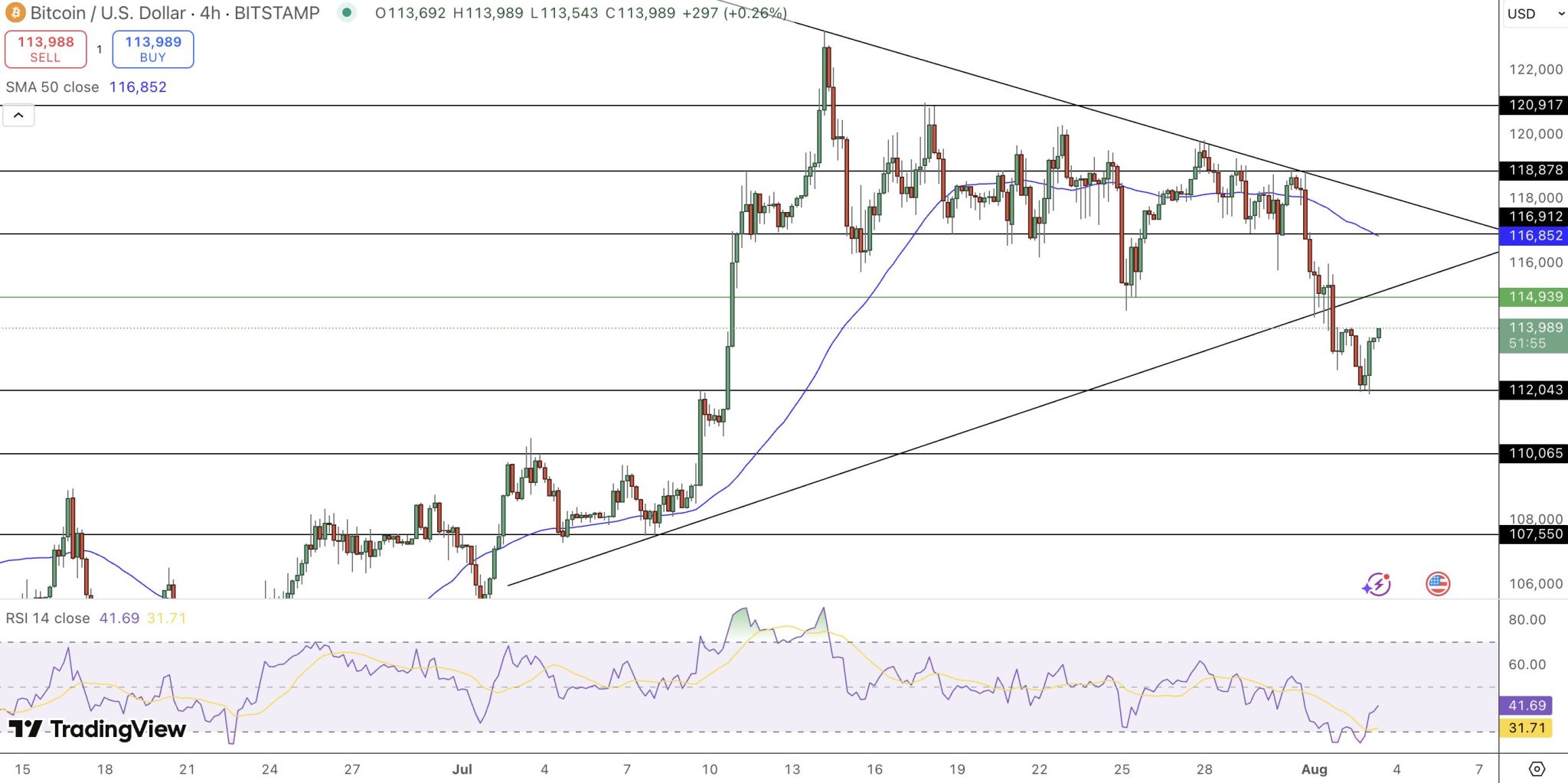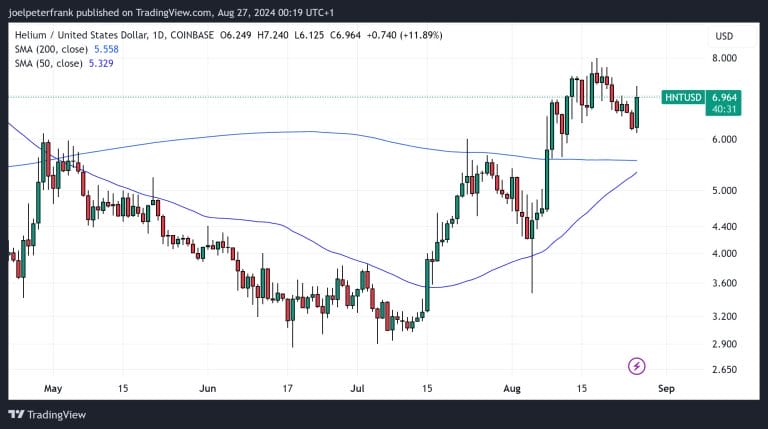
Nasdaq-listed crypto exchange Coinbase is pushing the U.S. Securities and Exchange Commission (SEC) for permission to offer blockchain-based stocks, otherwise known as “tokenized equities,” to its customers, according to a Reuters report.
Should the SEC grant approval, this development would allow Coinbase to provide equity trading services through blockchain and distributed ledger technology (DLT), positioning the platform as a direct competitor to established retail brokerage firms like Robinhood.
During a June 17 Reuters interview, Coinbase Chief Legal Officer Paul Grewal emphasized that tokenized equities represent a “huge priority” for both the cryptocurrency exchange and the broader digital asset sector.
What Are Blockchain-Based Stocks? The 24/7 Trading Shift Explained
Tokenized equities involve converting traditional ownership stakes in companies or assets into digital tokens recorded on blockchain networks.
Rather than directly holding conventional securities, such as corporate shares, real estate, or other valuable assets, investors possess digital tokens that show ownership rights in these underlying securities.
Advocates argue that tokenized equities offer several advantages, including reduced trading expenses through minimal blockchain transaction fees and accelerated settlement processes, similar to benefits seen with stablecoins.
Additionally, since blockchain networks function continuously, this technology could allow continuous 24-hour trading, contrasting with traditional stock markets that operate on fixed schedules.
Currently, approximately $25 trillion worth of securities qualify for use as collateral from a potential $230 trillion market.
Tokenization could dramatically enhance liquidity and capital efficiency across financial markets.
Central banking institutions, government agencies, and financial organizations are increasingly monitoring how decentralized finance integrates with existing financial systems.
SEC Regulatory: What’s Really Stopping Coinbase Stock Implementation
Critics have pointed out major obstacles that must be resolved before tokenized equities achieve widespread adoption.
For example, a May 23 World Economic Forum report identified several barriers hampering progress, including outdated infrastructure systems, fragmented regulatory frameworks, insufficient platform interoperability, and ongoing liquidity concerns.
From a regulatory perspective, tokenized equity trading remains unavailable in the United States, though various companies are testing the concept.
Last month, cryptocurrency exchange Kraken announced plans to launch U.S. equity tokens branded as xStocks. These tokens will be accessible in selected international markets, excluding the United States.
Legal Pathway for Coinbase Stock Implementation in the U.S.
For Coinbase to establish blockchain-based stock trading within the United States, the company would need to secure either a “no-action letter” or exemptive relief from the SEC.
A no-action letter represents an official SEC staff response to corporate requests, indicating that the commission would not oppose a specific offering and would refrain from pursuing enforcement actions if the company proceeded with the proposed service.
Generally, firms offering securities trading must register as broker-dealers with regulatory authorities.
Coinbase currently lacks broker-dealer registration, which led to SEC litigation in 2023 under the previous Biden administration.
The agency alleged that Coinbase operated as an unregistered broker-dealer. However, the SEC under the Trump administration discontinued this case earlier this year.
Grewal declined to confirm whether Coinbase has formally submitted a request to the SEC or provide timelines for potential product launches.
Industry Expansion Trends
Cryptocurrency-focused companies are increasingly exploring expansion into traditional financial services.
Circle Internet Financial, the organization behind the USDC stablecoin, demonstrated this trend with its dramatic New York Stock Exchange debut on June 5, where shares surged more than 160% during initial trading.
Following Circle’s successful initial public offering, other cryptocurrency firms have pursued Wall Street opportunities.
On June 14, Bybit officially launched traditional asset trading capabilities, allowing users to trade gold, stocks, foreign exchange, and indices directly through its platform.
Bybit CEO Ben Zhou announced that this expansion allows the cryptocurrency exchange to offer trading in prominent U.S. stocks, including Apple and MicroStrategy, alongside commodities such as gold and crude oil, marking a substantial diversification beyond digital assets.






